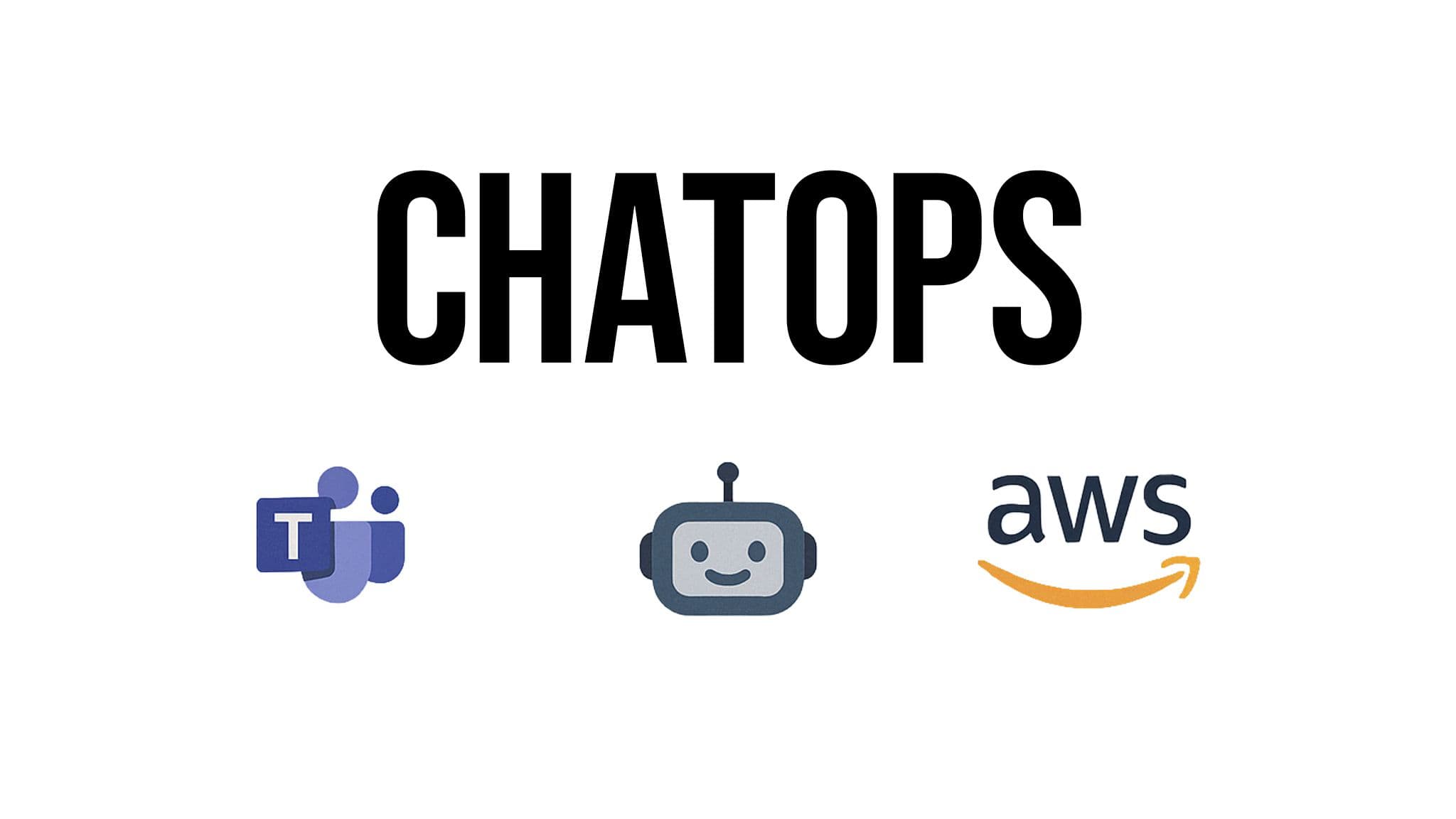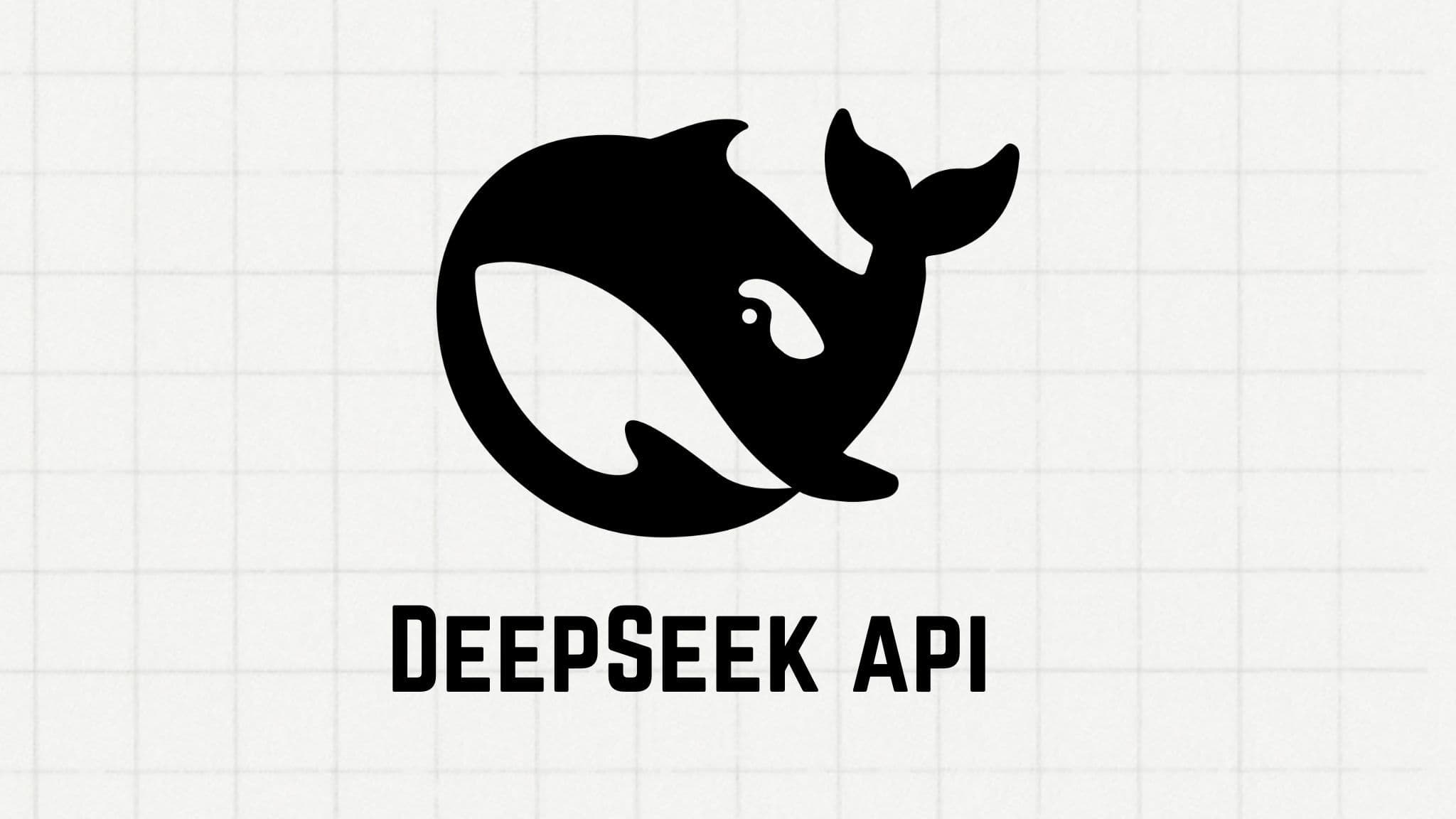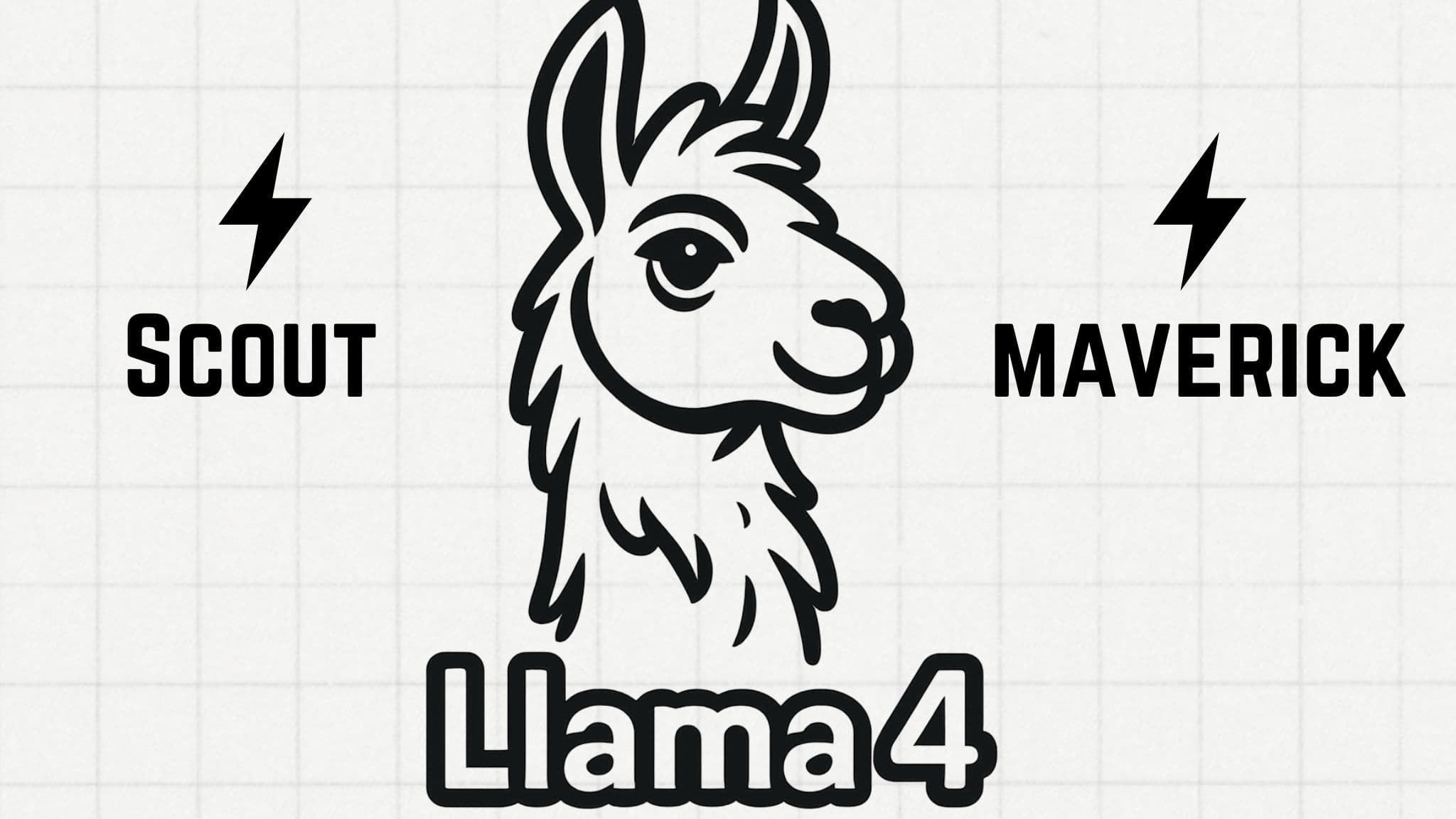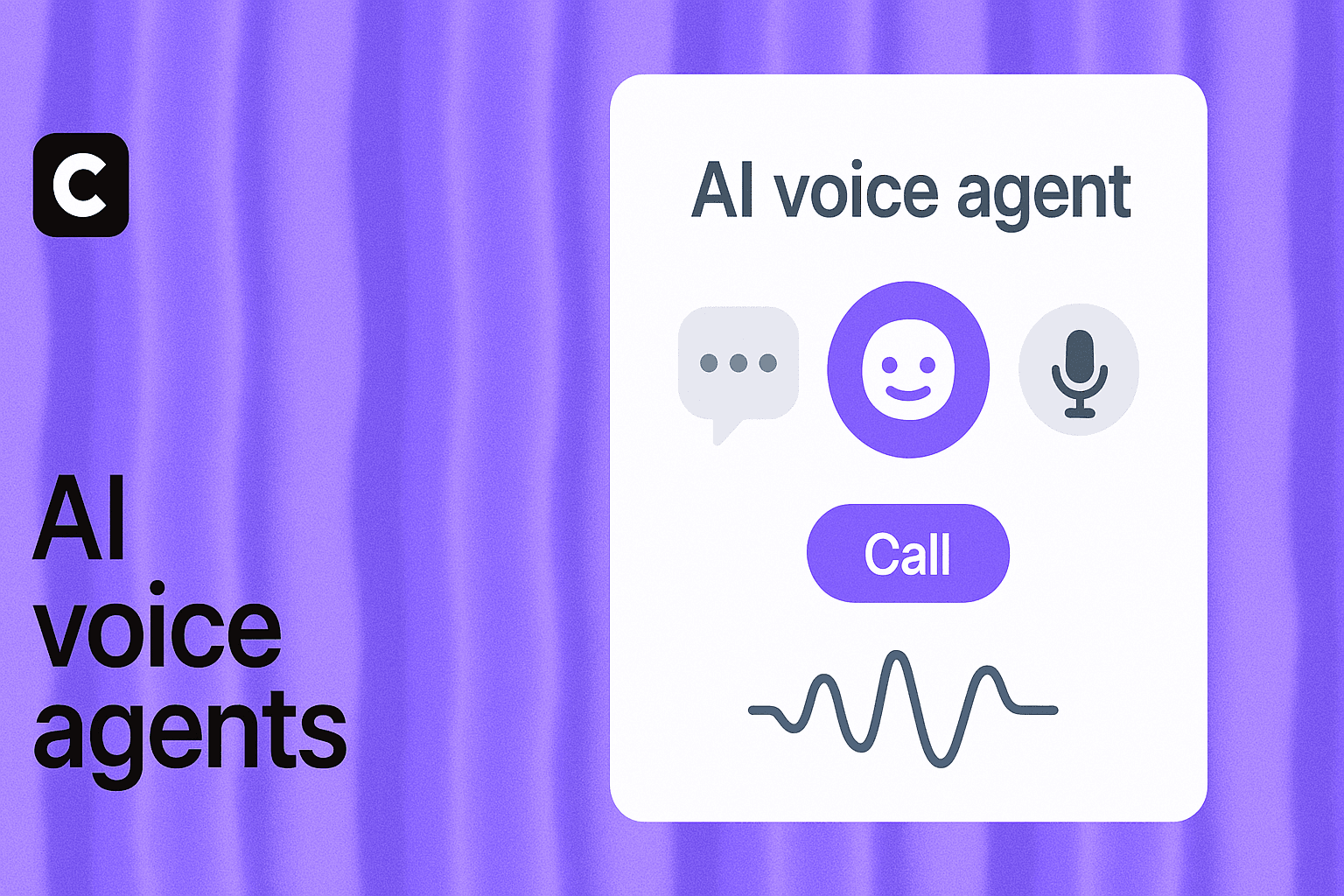The Ultimate Guide to Business Automation with AI
Ilias Ism
Aug 9, 2024
23 min read

Imagine a world where your business runs like a well-oiled machine, 24/7, with minimal human intervention. That's the power of business automation with AI.
In this guide, you'll discover:
- What AI-powered business automation really means
- 7 game-changing benefits for your company
- 5 key technologies driving the automation revolution
- Real-world applications across industries
- A step-by-step implementation roadmap
Ready to supercharge your business operations? Let's dive into the future of work, where AI and human creativity combine to unlock unprecedented efficiency and growth.
What is Business Automation?
Business automation refers to the use of technology to execute recurring tasks or processes in a business where manual effort can be replaced.
Because it streamlines operations, boosts productivity, and reduces human error, business automation is often included in a brand growth strategy to outline the next steps.
The Rise of AI in Business Automation
Artificial intelligence has revolutionized business automation by introducing capabilities that go beyond simple rule-based systems.
AI-powered automation can:
- Learn and adapt from data
- Make complex decisions
- Understand and process natural language
- Recognize patterns and anomalies
- Predict outcomes and trends
These capabilities have opened up new possibilities for automating a wide range of business processes, from customer service to financial analysis.
Benefits of Business Automation with AI
Increased Efficiency: AI automation can perform tasks faster and more accurately than humans, significantly reducing processing times.
Cost Reduction: By automating repetitive tasks, businesses can reduce labor costs and allocate human resources to more strategic activities.
Improved Accuracy: AI-powered systems minimize human error, ensuring consistent and reliable results.
Enhanced Customer Experience: Automation enables faster response times and personalized interactions, leading to higher customer satisfaction. Learn more about how chatbots can improve customer experience.
Data-Driven Insights: AI can analyze vast amounts of data to provide valuable insights for decision-making.
Scalability: Automated systems can easily handle increased workloads without a proportional increase in costs.
24/7 Availability: AI-powered automation can work round the clock, ensuring continuous business operations.
Key Technologies in Business Automation
1. Robotic Process Automation (RPA)
RPA uses software robots or "bots" to automate repetitive, rule-based tasks. When combined with AI, RPA can handle more complex processes and make decisions based on unstructured data.
2. Machine Learning (ML)
ML algorithms enable systems to learn from data and improve their performance over time without being explicitly programmed. This is crucial for automating tasks that require adaptation and decision-making.
3. Natural Language Processing (NLP)
NLP allows machines to understand, interpret, and generate human language. This technology is fundamental for automating customer service, content creation—such as using an AI Text Generator to produce high-quality written content—and data analysis tasks.
4. Computer Vision
Computer vision enables machines to interpret and understand visual information from the world. This technology is used in automating quality control, security systems, and document processing.
5. Chatbots and Virtual Assistants
AI-powered chatbots and virtual assistants can automate customer interactions, providing instant responses and personalized support 24/7. Explore different types of chatbots and their applications.
Practical Applications of Business Automation with AI
Customer Service Automation
AI-powered chatbots and virtual assistants have transformed customer service by providing instant, personalized support at scale. These systems can handle a wide range of customer inquiries, from simple FAQs to complex problem-solving. Discover the best chatbots for websites to enhance your customer service operations.
Sales and Marketing Automation
AI is revolutionizing sales and marketing processes by:
- Analyzing customer data to predict buying behavior
- Personalizing marketing messages and product recommendations
- Automating lead scoring and qualification
- Optimizing pricing strategies in real-time
These automated systems enable businesses to target the right customers with the right message at the right time, significantly improving conversion rates and customer retention.
Financial Operations Automation
AI-powered automation is transforming financial operations by:
- Automating invoice processing and accounts payable/receivable
- Detecting fraudulent transactions in real-time
- Forecasting cash flow and financial performance
- Automating tax preparation and compliance reporting
These applications not only reduce errors and processing times but also provide valuable insights for financial decision-making.
Human Resources Automation
HR departments are leveraging AI automation for:
- Resume screening and candidate matching
- Employee onboarding processes
- Performance evaluation and feedback
- Automated scheduling and time tracking
By automating these tasks, HR professionals can focus on more strategic activities like employee development and organizational culture.
Supply Chain and Inventory Management
AI automation is optimizing supply chain operations through:
- Demand forecasting and inventory optimization
- Automated order processing and fulfillment
- Real-time tracking and logistics optimization
- Predictive maintenance for equipment
- Implement 3PL inventory management for streamlined warehousing and distribution
These applications help businesses reduce costs, minimize stockouts, and improve overall supply chain efficiency. See how retail chatbots can enhance supply chain management.
Implementing Business Automation with AI
1. Identify Automation Opportunities
Start by analyzing your business processes to identify tasks that are:
- Repetitive and rule-based
- Time-consuming
- Prone to human error
- High-volume
These tasks are often good candidates for automation.
2. Set Clear Objectives
Define what you want to achieve with automation, such as:
- Reducing processing times
- Improving accuracy
- Enhancing customer satisfaction
- Cutting operational costs
Having clear objectives will help you measure the success of your automation initiatives.
3. Choose the Right Technology
Select automation tools and platforms that align with your business needs and technical capabilities. Consider factors like:
- Ease of implementation
- Scalability
- Integration with existing systems
- Total cost of ownership
4. Start Small and Scale
Begin with a pilot project to test the automation solution and gather feedback. This approach allows you to:
- Identify and address any issues early on
- Demonstrate the value of automation to stakeholders
- Gain experience and build internal capabilities
Once you've proven the concept, you can scale the automation to other areas of your business.
5. Invest in Training and Change Management
Successful implementation of AI automation requires buy-in from employees. Invest in:
- Training programs to help employees work alongside automated systems
- Change management initiatives to address concerns and resistance
- Clear communication about the benefits and impact of automation
6. Monitor and Optimize
Continuously monitor the performance of your automated systems and look for opportunities to optimize. Use analytics to:
- Track key performance indicators (KPIs)
- Identify bottlenecks or inefficiencies
- Gather insights for further improvements
Challenges and Considerations
While business automation with AI offers numerous benefits, it's important to be aware of potential challenges:
Data Quality and Privacy: AI systems rely on high-quality data. Ensure you have robust data management practices in place and comply with data privacy regulations.
Integration Complexity: Integrating AI automation with legacy systems can be challenging. Plan for potential integration issues and consider middleware solutions if necessary.
Ethical Considerations: Be mindful of the ethical implications of AI automation, such as job displacement and algorithmic bias. Develop ethical guidelines for AI use in your organization.
Skill Gap: Implementing and maintaining AI automation systems may require new skills. Be prepared to invest in training or hiring specialized talent.
Overreliance on Automation: While automation can greatly improve efficiency, it's important to maintain human oversight and intervention capabilities, especially for critical decisions.
The Future of Business Automation with AI
As AI technology continues to advance, we can expect to see even more sophisticated automation capabilities in the future:
- Hyper-automation: The combination of multiple AI technologies to automate complex end-to-end business processes.
- Cognitive Automation: Systems that can understand, reason, and solve problems, mimicking human cognitive abilities.
- Autonomous Systems: Self-managing systems that can operate and optimize themselves with minimal human intervention.
- Emotional AI: Automation systems that can recognize and respond to human emotions, enhancing customer interactions and employee experiences.
Conclusion
Business automation with AI is no longer a futuristic concept—it's a present reality that's transforming industries and redefining how companies operate. By leveraging AI-powered automation, businesses can achieve unprecedented levels of efficiency, accuracy, and innovation.
As you embark on your automation journey, remember that successful implementation requires careful planning, the right technology choices, and a commitment to continuous improvement. Explore inspiring chatbot examples to spark ideas for your own automation projects.
Embrace the power of AI automation, and position your business for success in the digital age. The future belongs to those who can effectively combine human creativity with the efficiency and intelligence of AI-powered systems. Learn about advanced AI models like Claude AI to stay ahead of the curve in business automation.
Share this article:






